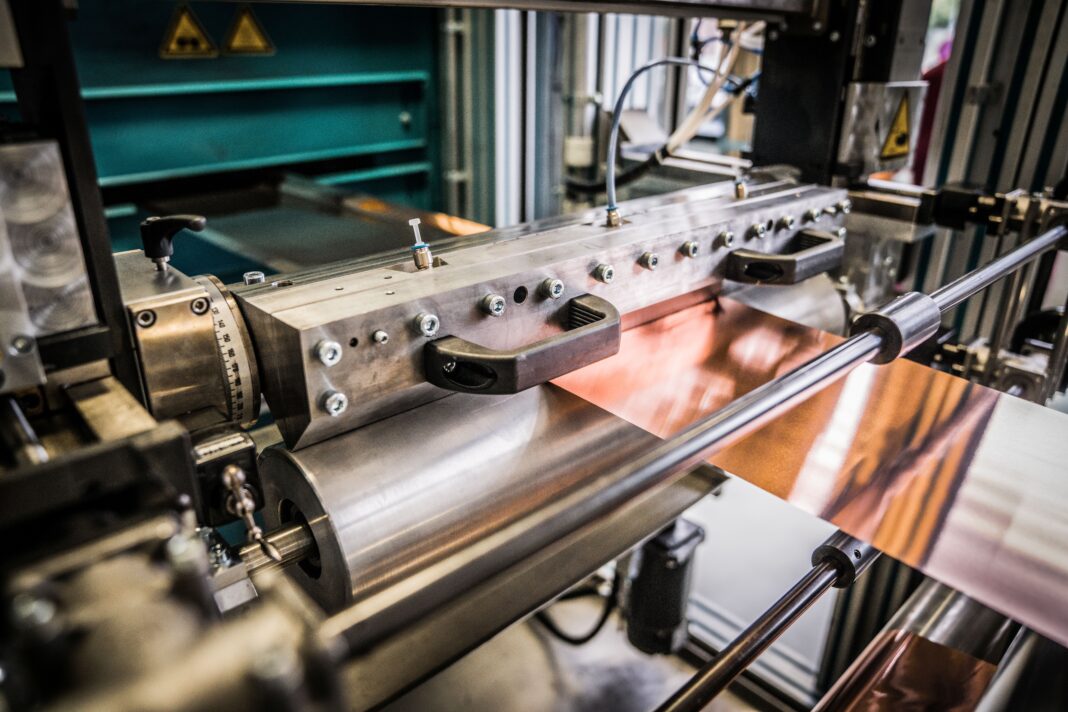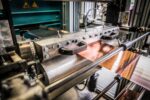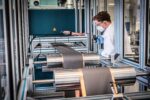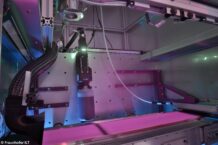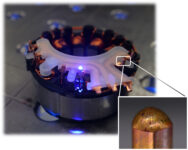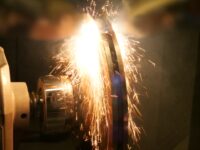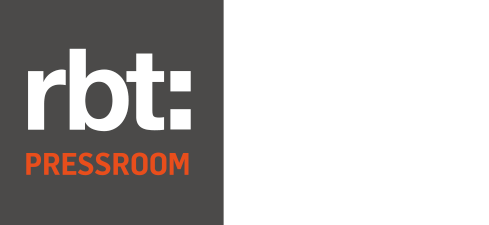Mülheim-Kärlich, November 23, 2021 – The Goal of this project is to develop an industry-relevant laser drying process that supports a more climate-friendly and economical series production of lithium-ion batteries. With this background in mind, the funded research project IDEEL (Implementation of Laser Drying Processes for Economical & Ecological Lithium-Ion Battery Production) was launched on October 22, 2021. The project has a duration of three years. It will contain the development of an exemplary laser drying system that will demonstrate a near-production drying of the electrode coating in high-performance batteries. The planned system will take up less production space, and will also operate faster and be more energy-efficient than conventional drying technologies*. This project is conducted by the following research partners:
- Laserline GmbH
- Coatema Coating Machinery GmbH
- Optris GmbH
- Fraunhofer Institute for Laser Technology (ILT)
- Fraunhofer Research Fab Battery Cells (Forschungsfertigung Batteriezelle, FFB) at the Fraunhofer Institute for Production Technology (IPT)
- Münster Electrochemical Energy Technology (MEET), Battery Research Center / Batterieforschungszentrum der Westfälischen Wilhelms-Universität Münster (WWU University)
- Production Engineering of E-Mobility Components (PEM) of the Rheinisch-Westfälische Technische Hochschule Aachen (RWTH University)
Within the IDEEL initiative, the project partners are pursuing several sub-goals. The first step involves the development of a new electrode slurry optimized for laser use, which will be used as a coating material (PEM RWTH, MEET WWU). Furthermore a highly efficient laser system with a large-area, homogeneous laser spot (Laserline), and a highly integrative process monitoring system based on contactless temperature measurement (Optris, Laserline, Fraunhofer ILT) will be implemented. Based on this, the laser-based drying process is to be scaled up to industry-standard feed rates within a demonstrator (Coatema); and finally, the physical model of the new drying process is to be validated (ILT, FFB). The research project is supported by the German Federal Ministry of Education and Research (BMBF) as part of the Battery 2020 funding initiative.
In the future, the results of the IDEEL project will be incorporated into the processes of the Fraunhofer Research Fab Battery Cells (Forschungsfertigung Batteriezelle, FFB), which is supporting the project with conceptual and advisory guidance. The FFB is considered one of the leading projects in German battery research. According to its operators and sponsors, the institution is to be formed into a development center of modern battery cell production for Germany and its European partners. A complete production infrastructure is therefore currently being built at the Münster location, which will enable companies and research institutions to test and optimize the series production of new batteries. The goal is to generate an efficient, low-cost and high-quality battery production that significantly and permanently reduces German and European producers’ dependence on the global market. The German Federal Ministry of Education and Research (BMBF) and the state of North Rhine-Westphalia are funding the establishment of this research production facility with a sum of up to 680 million euros.
*Laser drying in the context of battery manufacturing
The drying process, addressed by the IDEEL project, is part of the electrode manufacturing process for high-power battery cells, such as those used in electric vehicles or home storage systems. Until now, convection dryers have been used to heat-dry this electrode coating, but they only transfer their thermal energy indirectly into the material and thus place a heavy burden on the CO2 balance and the energy costs of battery production. The IDEEL project partners are therefore focusing on upscaling to a more energy-efficient drying process in which the coating is irradiated using high-power diode lasers. The process benefits from the high absorption of infrared laser light by the coating material and allows a more flexible and precise process control compared to common convection technology. This will be demonstrated in the project at drying speeds of up to 30 meters per minute. The compact design and efficient energy transfer are expected to significantly shorten the space-intensive drying sections, which are typically more than 100 meters long. Thus, the laser drying technology should significantly reduce the space required within the production environment and thus enable a faster and more energy-efficient process control.


